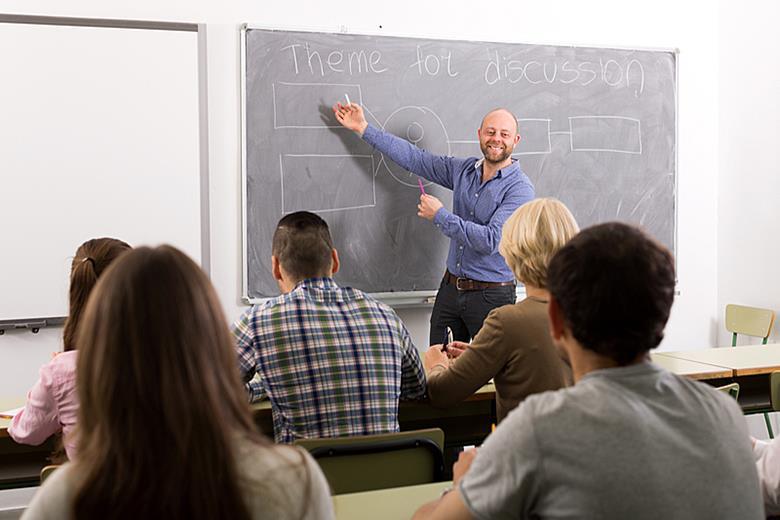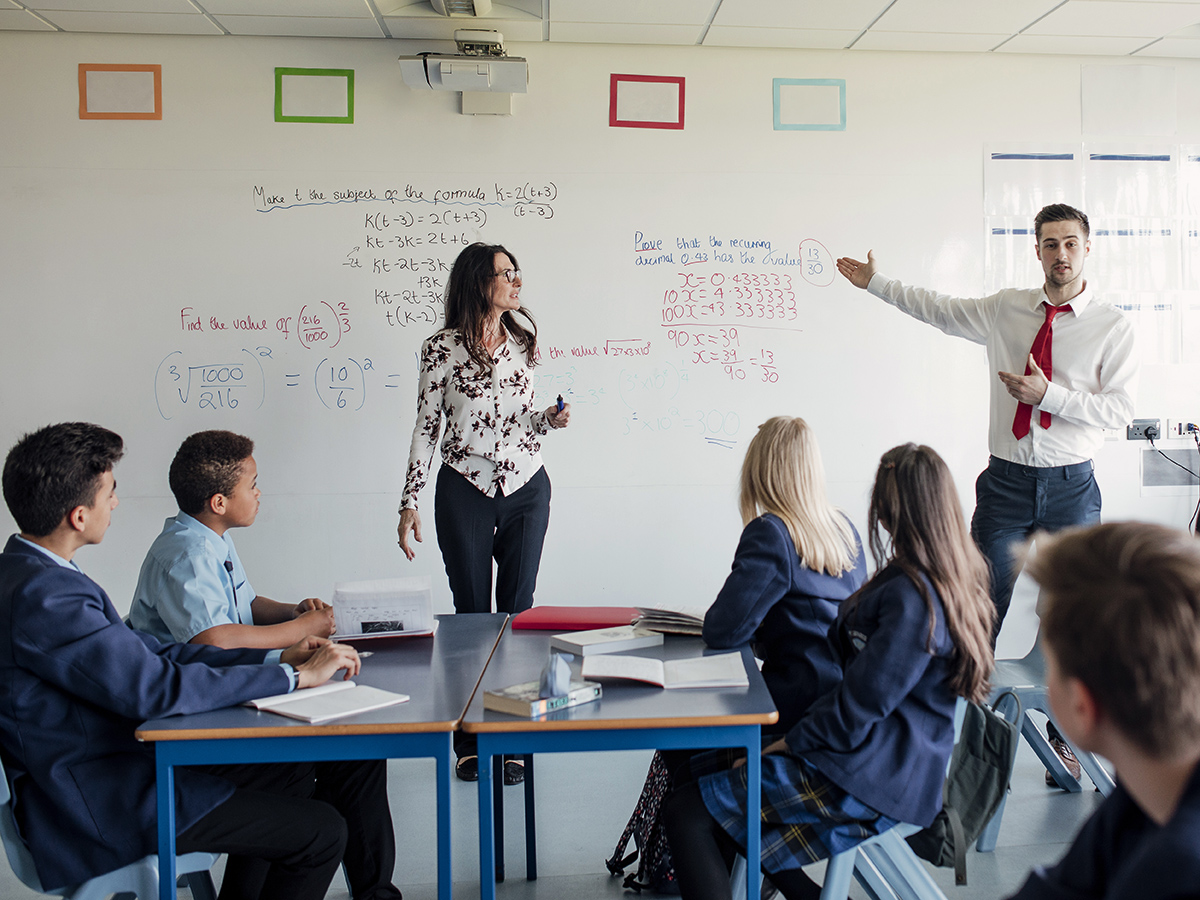The Best Primary Science Tuition Singapore for Effective Learning Methods
The Best Primary Science Tuition Singapore for Effective Learning Methods
Blog Article
Discover the Essential Benefits of Comprehending Main Science for Young Students
The relevance of main scientific research education for young students extends far past plain understanding procurement; it works as a fundamental pillar in developing necessary skills such as essential thinking, problem-solving, and creative thinking. Engaging with scientific principles with interactive and inquiry-based activities not just grows curiosity but likewise prepares for resistant, certain students. As we discover these benefits better, it becomes clear that the effects for future academic and individual development are profound. What certain approaches can educators utilize to make best use of these benefits?
Enhancing Vital Thinking Abilities
Promoting critical thinking skills in young learners is important for their cognitive growth and future academic success. Important thinking allows kids to assess information, evaluate evidence, and make notified choices, which are crucial skills in today's information-rich society. By taking part in scientific questions, young students can boost these skills as they discover principles with reasoning, observation, and trial and error.
In main science education, instructors can assist in crucial reasoning by encouraging pupils to ask questions, develop theories, and perform experiments. This hands-on technique permits children to exercise analytic and establish logical thinking skills. When trainees explore the residential properties of products or the concepts of activity, they find out to examine their searchings for seriously and draw conclusions based on evidence.
In addition, conversations and joint jobs can promote important reasoning by offering chances for learners to articulate their ideas, difficulty presumptions, and consider diverse perspectives. By creating a helpful atmosphere that values questions and representation, educators can nurture critical assuming abilities that empower young learners to become long-lasting learners and independent thinkers. Eventually, improving these abilities lays a robust foundation for their future academic undertakings and personal development.
Promoting Interest and Expedition

Primary scientific research education supplies an organized setting where young students can discover different sensations with hands-on experiments and observations. By allowing them to engage with products and take part in inquiry-based discovering, educators produce possibilities for kids to formulate hypotheses, check their ideas, and reason. Such experiences support a feeling of wonder and excitement regarding science.

Building Self-confidence in Trouble Fixing
Structure self-confidence in analytical is an important part of primary scientific research education that encourages young students to come close to difficulties with durability and creativity - primary science tuition Singapore. When kids are encouraged to involve with clinical concepts through hands-on visit our website tasks and inquiry-based learning, they develop essential abilities in crucial reasoning and evaluation. This process not just enhances their understanding of scientific concepts yet additionally fosters a feeling of ownership over their learning
To develop confidence, educators should produce a supportive atmosphere where errors are checked out as chances for growth instead of failings. This urges trainees to take threats and check out different options to problems. By supplying scaffolding and guidance, teachers can help pupils navigate complicated jobs, slowly raising their independence in analytic situations.
Additionally, joint knowing experiences, such as team tasks or experiments, can better boost pupils' confidence as they discover to articulate their ideas and pay attention to others' perspectives. These interactions nurture social skills and enhance the concept that problem-solving is typically a collective undertaking. Inevitably, growing self-confidence in analytic prepares young students for future academic challenges and outfits them with the tools needed for long-lasting learning.
Motivating Imagination and Development
In the world of main science education and learning, encouraging creative thinking and development is necessary for growing a vibrant knowing environment. By fostering a culture where young students can explore concepts and experiment openly, instructors help pupils develop essential thinking skills and an interest for discovery. Creativity in science encourages children to ask inquiries, develop theories, and participate in hands-on activities that stimulate their creativity.
Incorporating open-ended tasks and inquiry-based understanding into the curriculum permits pupils to share their distinct point of views and remedies. When entrusted with solving a problem associated to their setting, trainees can conceptualize multiple techniques, leading to innovative end results that showcase their originality. This not only deepens their understanding of scientific principles but additionally instills a sense of ownership over their learning process.
Furthermore, innovative science education and learning supports collaboration among peers, as students often share concepts and improve one another's insights - primary science tuition Singapore. This collective spirit advertises not just development however also necessary social skills. Therefore, by focusing on creativity and technology in main scientific research education and learning, we encourage young students to believe seriously, accept obstacles, and envision possibilities, laying a solid foundation for long-lasting understanding and expedition
Preparing for Future Understanding Obstacles
Young learners' ability to navigate future discovering challenges hinges on a strong structure in main science education and learning. This foundational understanding furnishes students check this site out with critical believing abilities and a methodical method to problem-solving, necessary for dealing with complicated concerns in an ever-evolving world. Primary science cultivates inquiry-based discovering, encouraging trainees to ask questions, discover theories, and involve in hands-on experiments.
As they develop these skills, students come to be skilled at assessing information, acknowledging patterns, and drawing informed final thoughts. Such expertises are crucial not only in scientific fields but additionally in engineering, technology, and math (STEM), where interdisciplinary expertise is progressively vital.
Additionally, main scientific research education and learning grows a feeling of inquisitiveness and durability in young students, allowing them to view challenges as chances for development. As they experience and conquer barriers in their scientific expeditions, they develop self-confidence in their ability to innovate and adjust.
Inevitably, a strong foundation in key science not just prepares young learners for scholastic searches but additionally equips them with the devices required for long-lasting knowing and versatility in a swiftly changing global landscape. By purchasing key science education, we are spending in the future potential of our students.
Conclusion
Recognizing key science is critical for young students, as it promotes essential thinking, curiosity, see this site and imagination. Ultimately, the advantages of key scientific research education prepare youngsters for future scholastic searches and impart lifelong learning routines crucial for growing in an ever-evolving world.
The value of primary science education for young learners extends much beyond simple understanding purchase; it serves as an essential pillar in establishing important skills such as essential thinking, analytic, and creativity. By producing a supportive atmosphere that values query and reflection, instructors can nurture essential thinking skills that equip young students to end up being long-lasting learners and independent thinkers. Hence, by focusing on imagination and technology in primary science education and learning, we encourage young learners to think critically, embrace obstacles, and visualize possibilities, laying a strong foundation for lifelong discovering and expedition.
Young learners' capability to navigate future learning obstacles hinges on a solid foundation in primary science education and learning.Recognizing key scientific research is vital for young students, as it fosters critical thinking, interest, and creative thinking.
Report this page